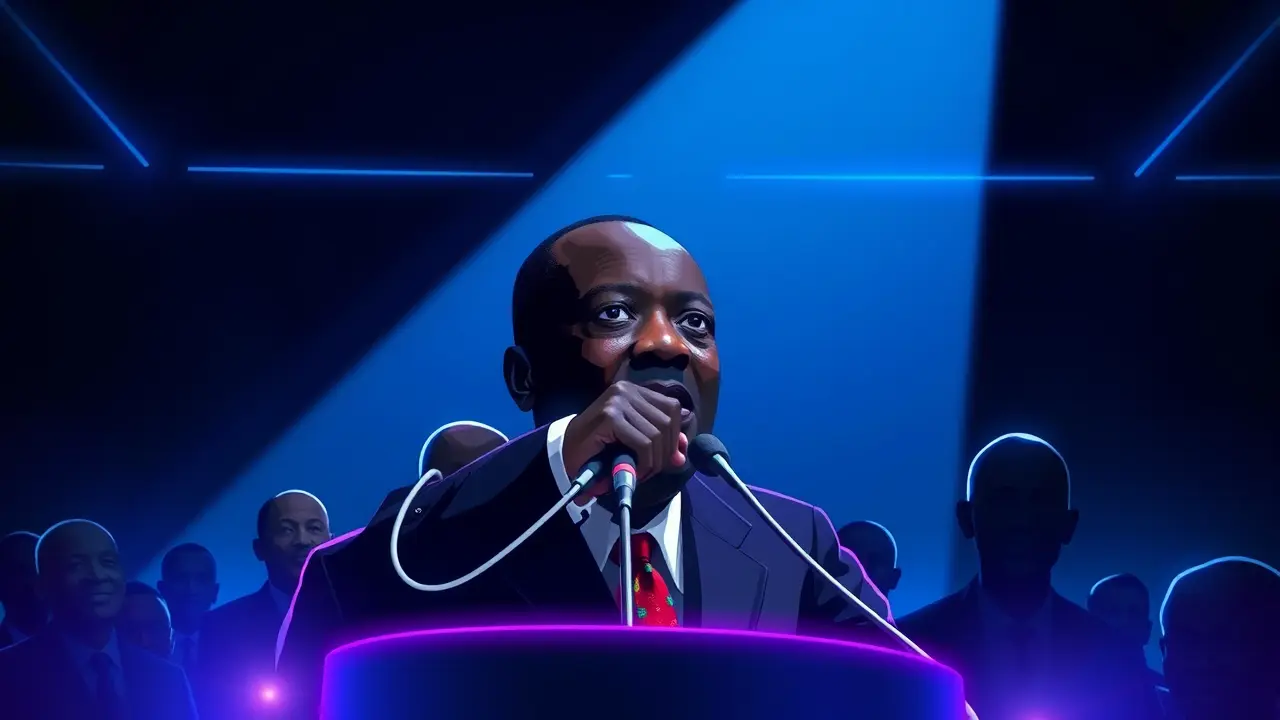Cameroon's Biya courts young voters in election bid.
The political stage in Cameroon is heating up with the intensity of a final campaign push, and the master strategist himself, President Paul Biya, is making a calculated pivot toward a demographic that has long been skeptical of his enduring rule: the youth. In a move straight out of the modern political playbook, Biya’s campaign is now broadcasting a promise that 'the best is yet to come,' a carefully crafted soundbite aimed directly at the restless, burgeoning young population who feel disconnected from his decades-long tenure.This isn't just a policy announcement; it's a full-scale media war for the hearts and minds of a generation. His opponents, meanwhile, are countering with a powerful, resonant message of their own: a hunger for 'young blood,' a phrase that encapsulates the widespread fatigue with the old guard and the yearning for a new direction.This electoral battle is less about a simple choice between candidates and more a fundamental clash of political eras. Biya, one of the world's longest-serving leaders, is attempting a high-wire act, trying to rebrand his established regime as the true vessel for future prosperity while simultaneously fending off a narrative that he is the chief obstacle to it.His campaign machinery is working overtime, deploying a mix of state media and social media blitzes to project an image of stability and experienced leadership, arguing that in turbulent times, a steady hand is preferable to an untested one. Yet, this strategy is fraught with risk.The very promise of a brighter future under his leadership is being directly challenged by the lived reality of many young Cameroonians—sky-high unemployment, perceived systemic corruption, and a feeling of political exclusion. The opposition’s call for 'young blood' taps into a deep well of frustration, not just with Biya, but with a political system that many feel is rigged in favor of the incumbent.They are framing the election as a historic opportunity for generational change, a chance to break from a past they associate with stagnation and embrace a more dynamic, accountable future. This dynamic mirrors political shifts seen elsewhere on the continent and globally, where youthful populations are increasingly demanding a seat at the table.The outcome of this electoral contest will hinge on which narrative proves more compelling: Biya’s promise of experienced, gradual progress or the opposition’s potent call for renewal and a clean break. Polls, though often unreliable in such contexts, suggest a nation deeply divided, not merely along ethnic or regional lines, but along generational fault lines.The campaign tactics are evolving in real-time; expect a surge in targeted online advertising, youth-focused rally events, and a war of words that will dominate the airwaves until election day. The stakes could not be higher.A victory for Biya would signal a remarkable consolidation of power and a validation of his late-game outreach. A victory for the forces of 'young blood,' however, would send shockwaves through the region, proving that even the most entrenched political dynasties are not immune to the demands of a changing demographic. This is more than an election; it's a referendum on Cameroon's political soul, and the final results will be dissected by strategists and analysts for years to come as a case study in the eternal struggle between incumbency and the hunger for change.
It’s quiet here...Start the conversation by leaving the first comment.
© 2025 Outpoll Service LTD. All rights reserved.
